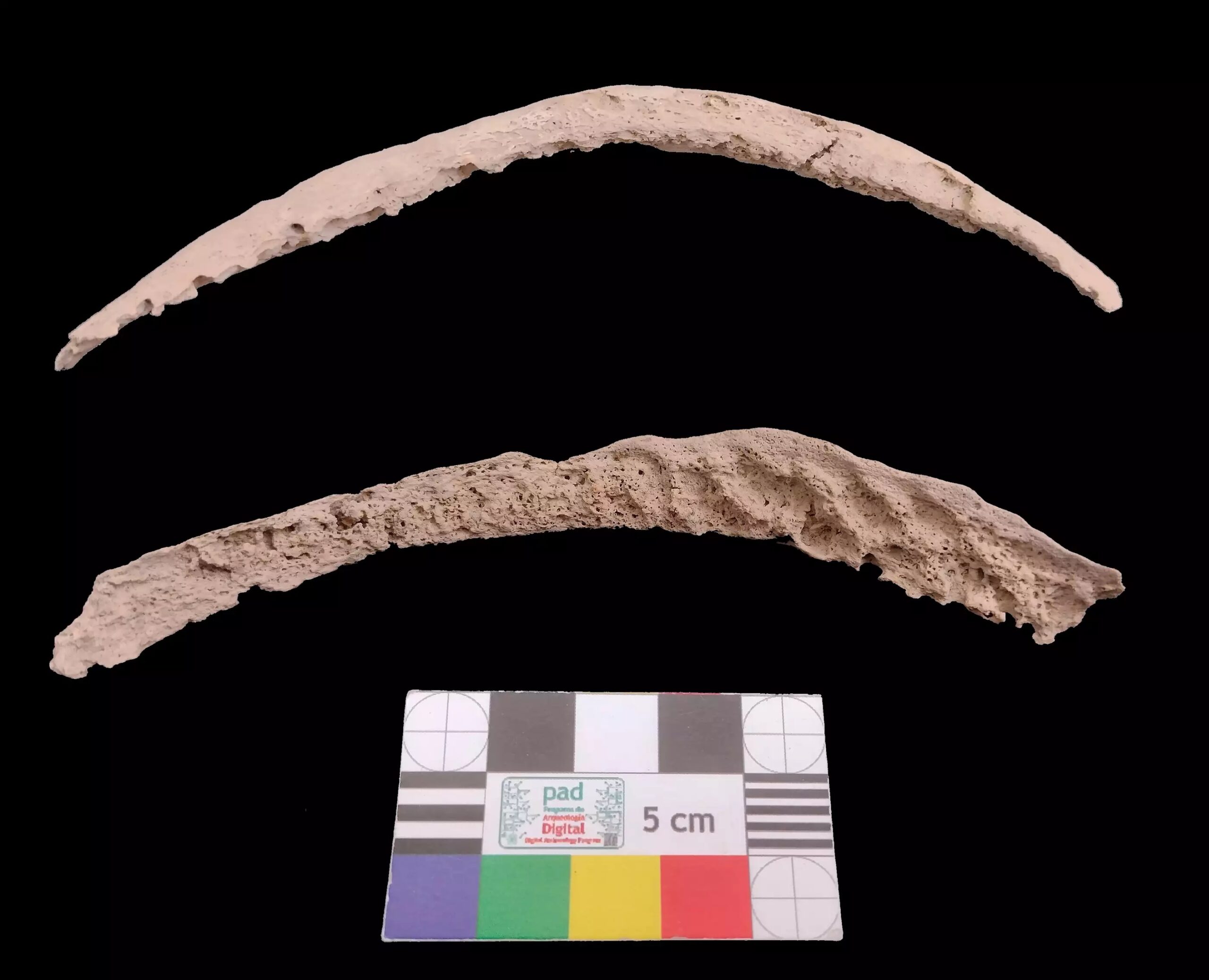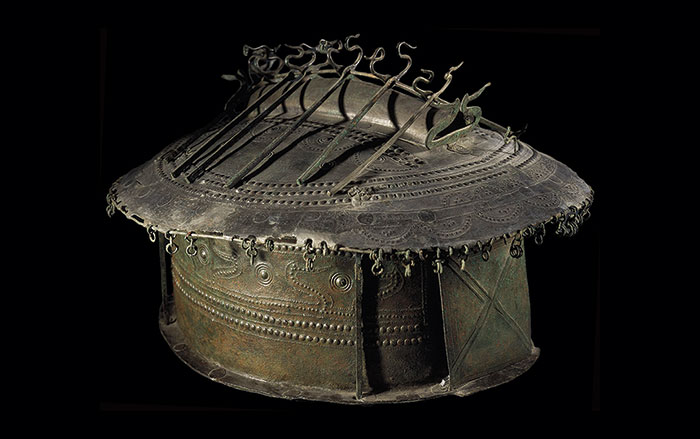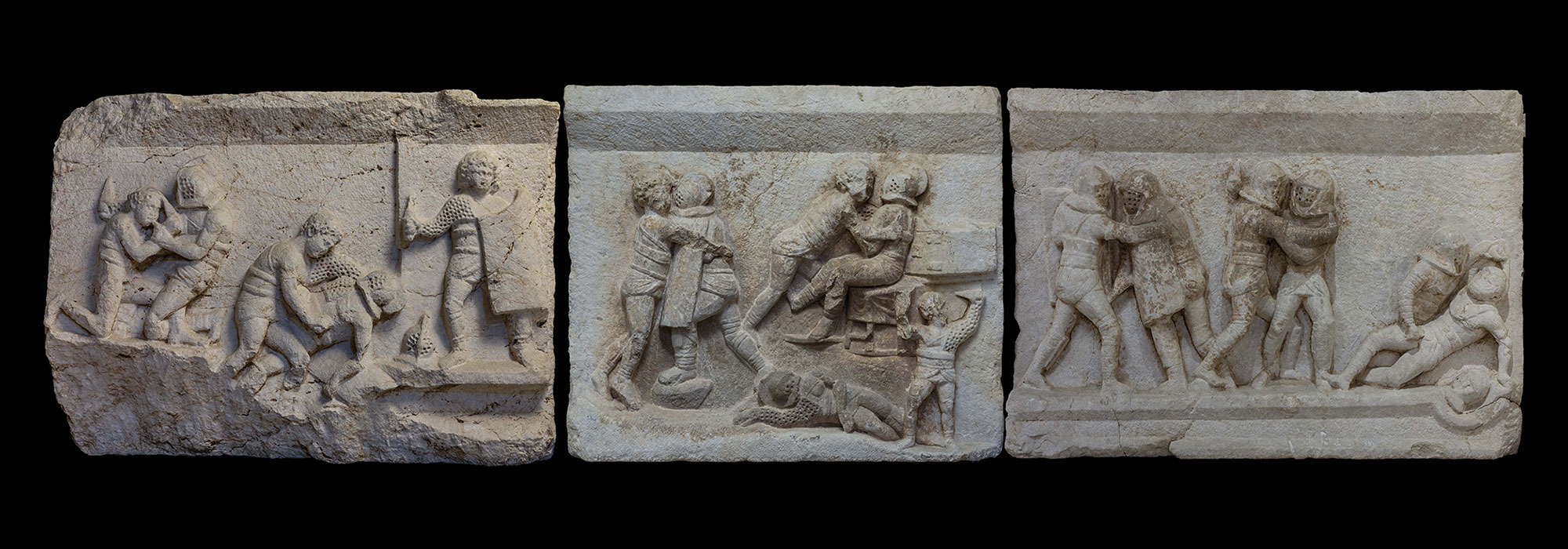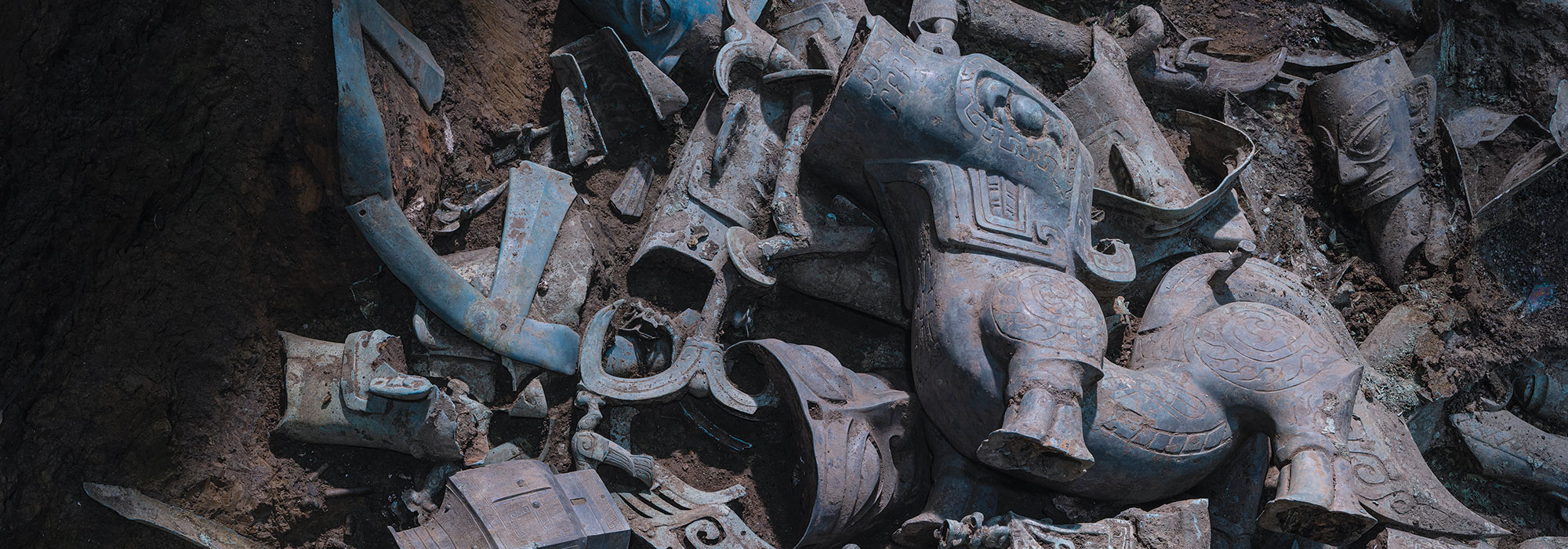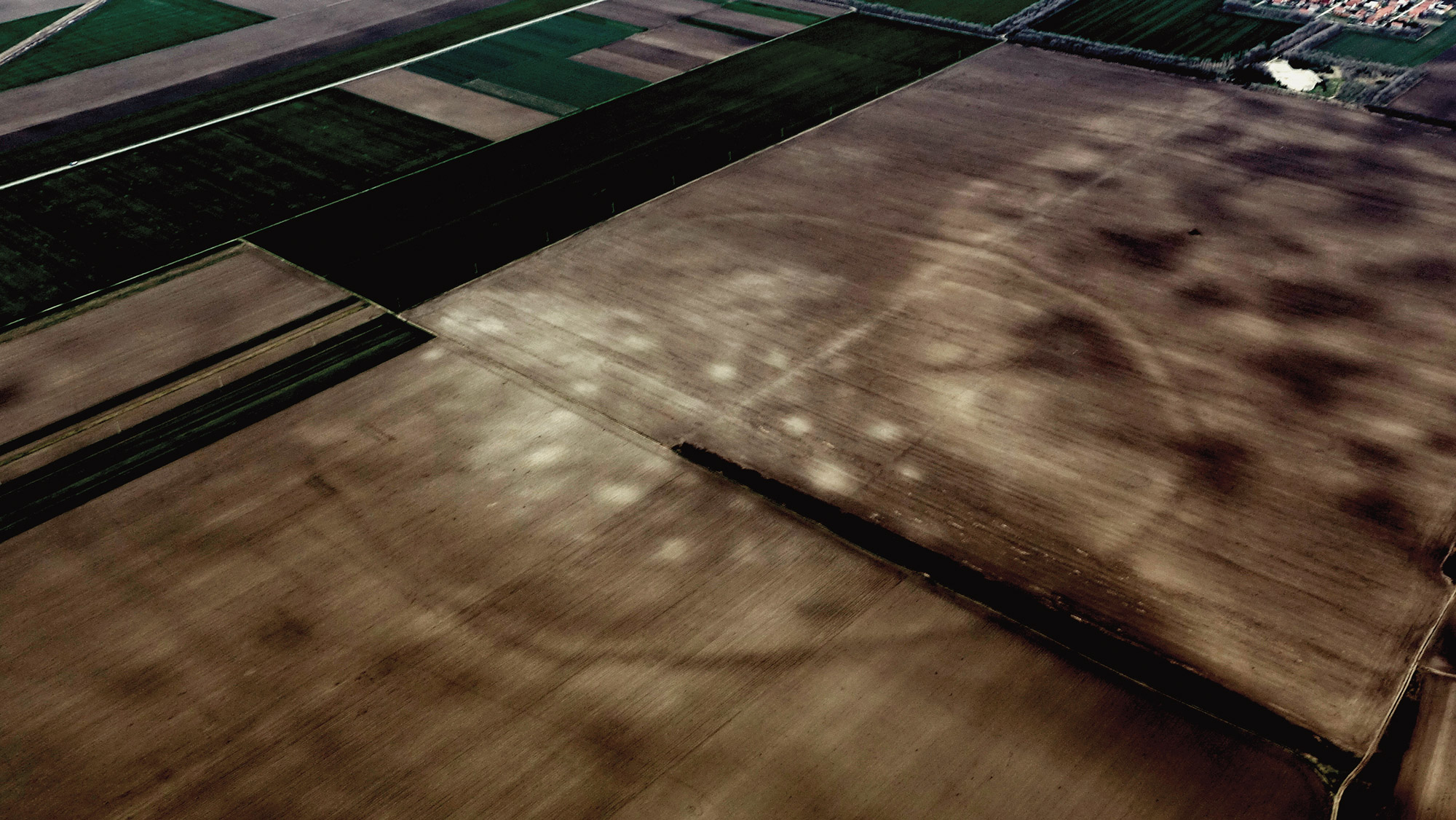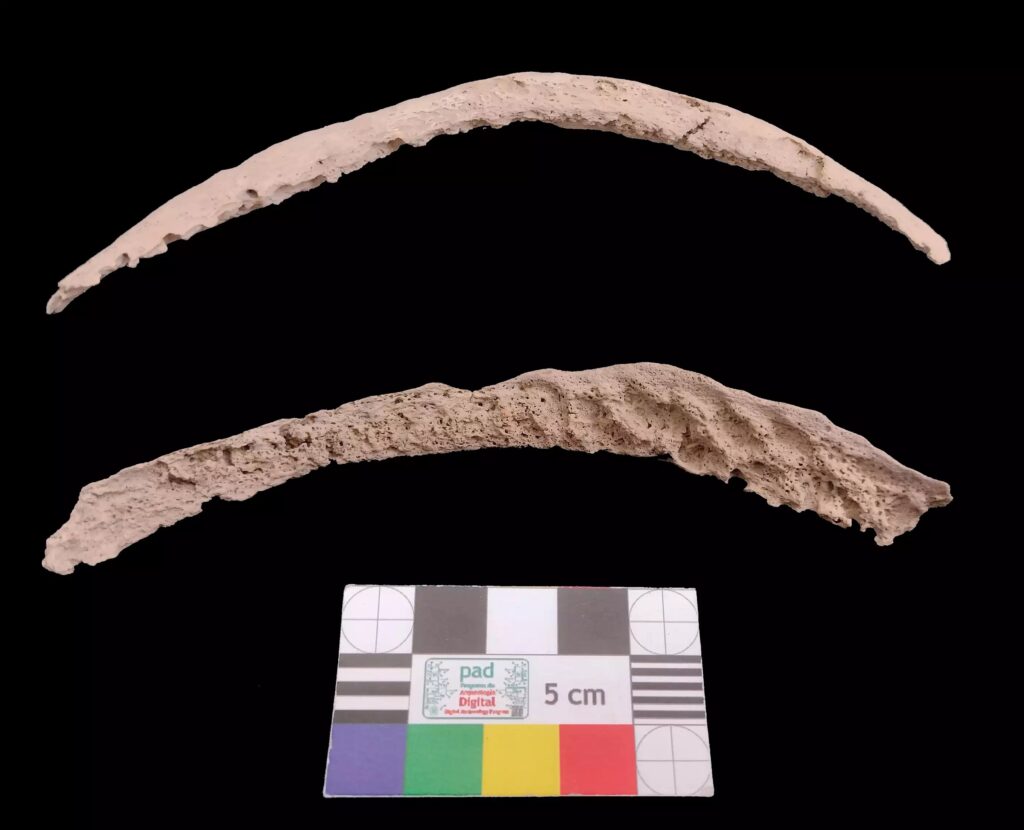
LEIPZIG, GERMANY—According to a report in The Guardian, traces of bacteria related to Treponema pallidum, the bacteria which causes syphilis, yaws, and bejel, have been detected in ancient human remains unearthed in Argentina, Chile, Mexico, and Peru. “We were able to reconstruct five genomes from these bones and we see that they are sister lineages to the modern strains of the bacterium that is circulating in humans today,” said Kirsten Bos of the Max Planck Institute for Evolutionary Anthropology. Radiocarbon dating of the bones allowed Bos and her colleagues to trace the strains of bacteria back to a common ancestor that lived some 9,000 years ago. “This is a time when humans were already well established in the Americas, and they were not interacting with populations in other parts of the world,” Bos explained. Therefore, the study suggests that syphilis likely had its roots in the Americas, then spread globally in the fifteenth century through European contact. “I think the narrative will continue to be debated,” Bos concluded. To read about instruments used to treat syphilis in the eighteenth century that were recovered from one of Blackbeard's ship Queen Anne's Revenge, go to "Medicine on the High Seas."


